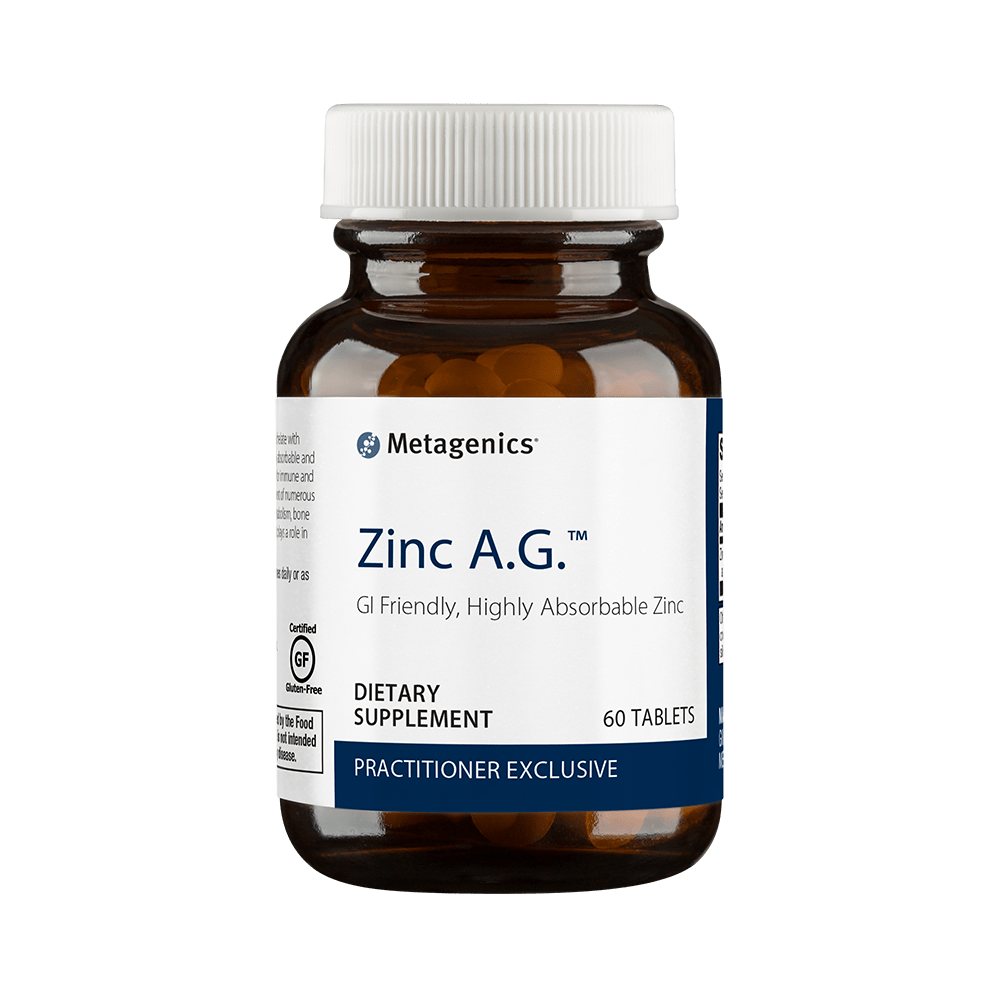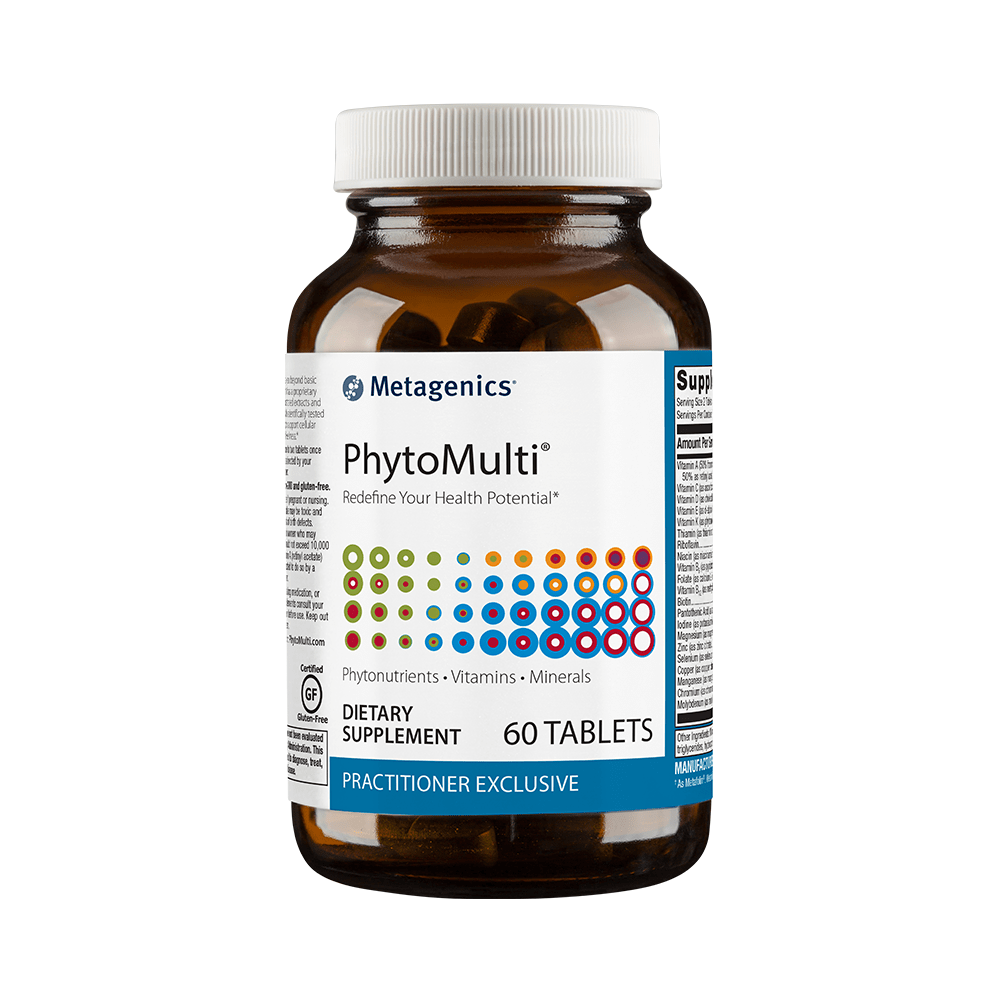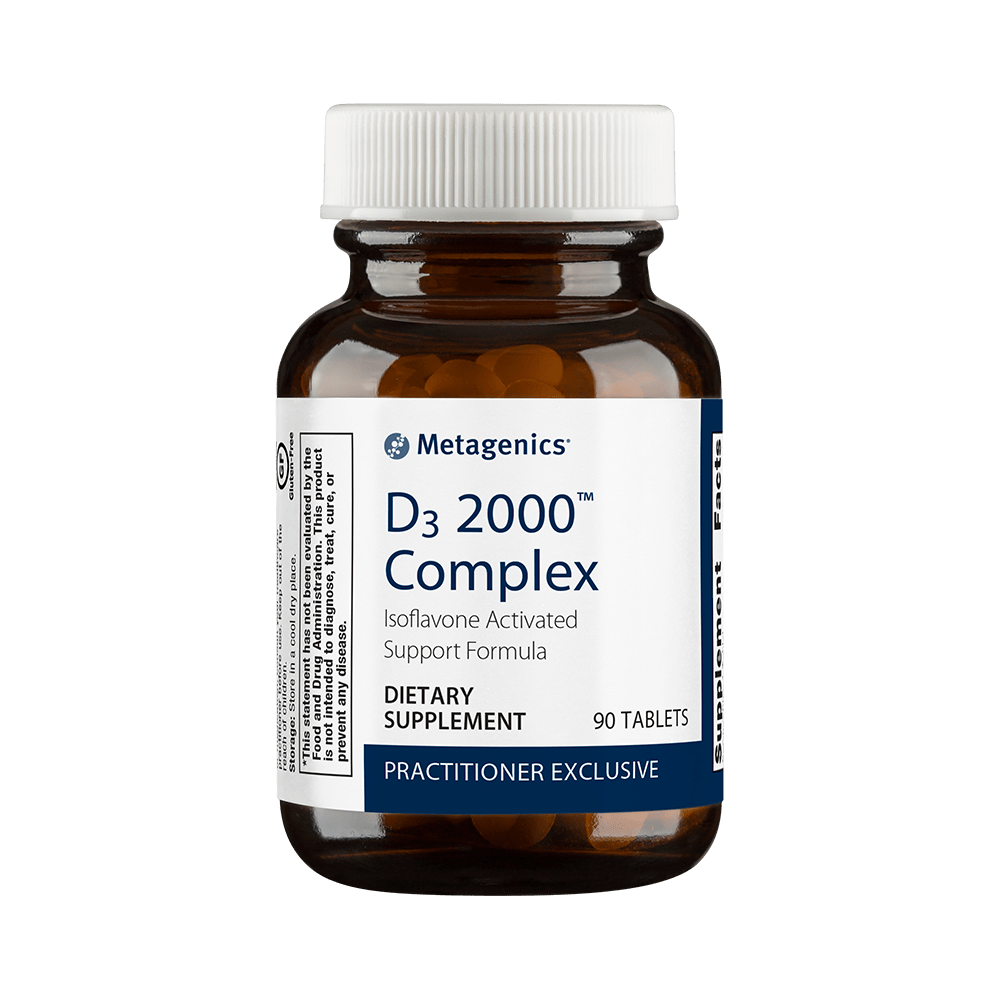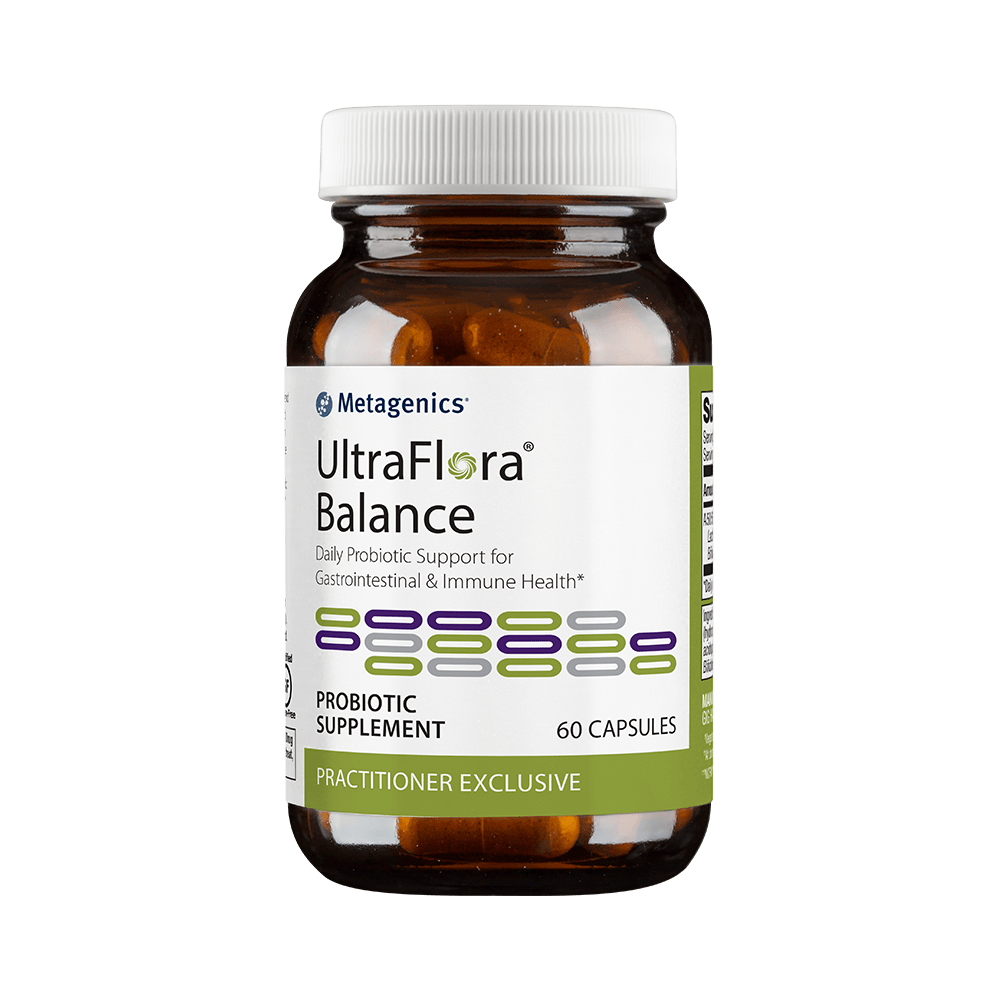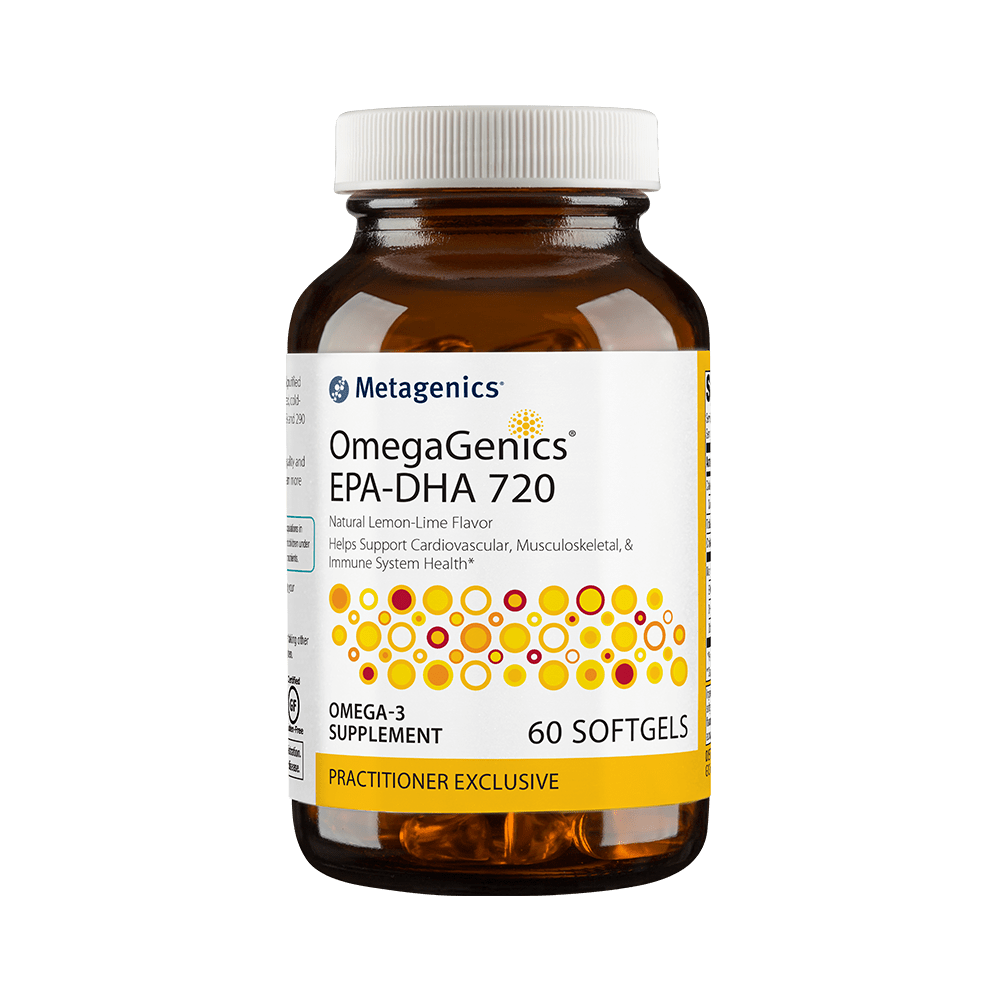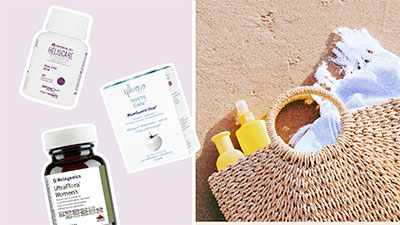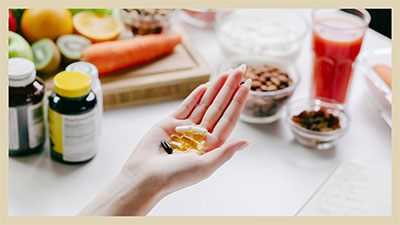Stay safe. Stay healthy. Stay at home.
In light of what’s happening in the country and the world, Bella Pelle Philippines is doing what it can to help people stay healthy—and at home—during the lockdown. Aside from our skincare products, you can now order vitamins and supplements from the website and have them delivered to your home.
Dr Maximin Navarro, Fellow of the Philippine Dermatological Society and co-founder of Bella Pelle Philippines, also practices functional medicine, which Google defines as “medical practice or treatments that focus on optimal functioning of the body and its organs, usually involving systems of holistic or alternative medicine.” And according to the Institute for Functional Medicine, “[It] determines how and why illness occurs and restores health by addressing the root causes of disease for each individual.”
Below are some of the health supplements from Metagenics available at Bella Pelle Philippines. According to their official website, Metagenics has been honoring their commitment to deliver safe, reliable nutritional solutions that work for over 30 years. “From proper ingredient sourcing to advanced continuous testing, we’ve set the bar high for ourselves and for the industry and we never cut corners.”
They have forged partnerships with practitioners to deliver nutritional solutions that work for patients and work with top-level institutions through pioneering research.
We’ve also included a few helpful tips on how you can give your immune system a boost while on enhanced community quarantine below. From getting enough sleep to getting enough sunshine, we offer suggestions on what you can do to stay healthy and keep your immunity in fighting form.
That said, the items on this list will not cure nor prevent you from getting COVID-19. The best prevention is still to stay at home, practice proper handwashing, and observe physical distancing.
*Please consult your doctor before using any nutritional supplement.
Eat healthy
It’s a no brainer that eating healthy is important in strengthening your immune system. So if you’re making a grocery run anytime soon, buy fruits and vegetables rich in vitamin C like lemons, oranges, pineapple, papaya, strawberries, cantaloupe, broccoli, green peppers, and red peppers. Vitamin C is a potent antioxidant and is needed for immune function.
Contrary to belief though, it does not reduce your risk of catching the common cold, but it does shorten its duration and alleviate its symptoms. And one study has shown that it is able to contribute to immune defense. As Healthline points out, “Vitamin C is essential for the proper functioning of immune cells. It is depleted during infections, so a vitamin C deficiency may increase their risk.”
Zinc is another nutrient that can help strengthen the immune system. According to Medical News Today, “Zinc plays a vital role in immune system response, wound healing, synthesizing proteins and DNA, and many other bodily functions.” Foods rich in zinc include oysters, red meat, baked beans, chickpeas, and fortified cereal.

Make sure you also get your recommended dose of Vitamin A. Research has shown that Vitamin A can enhance the immune function and provide enhanced defense against multiple infectious diseases. You can get Vitamin A from foods like sweet potatoes, carrots, broccoli, and beef liver.
Metagenics Ultra Potent-C 500, P1,300
Ultra Potent-C 500 may help support healthy immune function and is a good source of antioxidants from vitamin C.
Zinc is essential for immune and tissue health. It is a component of several enzymes for energy metabolism, bone mineralization and protein synthesis.
A multivitamin with a high standard for basic wellness support. “A proprietary blend of 13 concentrated extracts and phytonutrients with scientifically tested biological activity to support cellular health and overall wellness.”
Soak Up Some Sunshine
Find a way to get some sunshine in the morning: Go out into your yard or garden, on your balcony, or even just stand near a window that gets ample sunlight for your daily dose of vitamin D. Also called the “sunshine vitamin,” vitamin D is produced in the skin when the sun’s UVB hits it. It’s also found in fatty fish like tuna, mackerel, and salmon, as well as egg yolks, cheese, and beef liver.
And although Vitamin D’s primary role, according to Harvard Health Publishing, is to keep your bones healthy by increasing the intestinal absorption of calcium, studies have shown that it could also help fight off acute respiratory tract infections and it has links to improved immunity, especially in people with vitamin D deficiencies.
Metagenics D3 2000 Complex, P1,500
This supplement delivers 2,000 IU of vitamin D3 for normal neurological function, bone growth, as well as to enhance immune function, regulate insulin secretion and blood pressure, and support cardiovascular function. Studies also indicate that Vitamin D3 reduces tendencies of depression and the likelihood of developing the flu.
Caution: If pregnant or nursing, or taking other nutritional supplements or medication, consult your healthcare practitioner before use. Keep out of the reach of children.
Exercise
Another way to stay healthy is to get your heart rate up. There are plenty of workouts you can do at home: Jump on your treadmill, pick up that kettlebell or medicine ball, or hop on your spin bike. No equipment? No problem. There are exercises you can do without the need for fancy gear or equipment—jumping jacks, pushups, crunches, lunges, and burpees are just a few examples. You can also check out free online workout classes on YouTube.
It’s paramount you find ways to stay active even on lockdown because, as Harvard Health Publishing notes, “Just like a healthy diet, exercise can contribute to general good health and therefore to a healthy immune system. It may contribute even more directly by promoting good circulation, which allows the cells and substances of the immune system to move through the body freely and do their job efficiently.”
A study published in the Journal of Sport and Health Science has also found that regular moderate to vigorous exercise helps boost your body’s defense system, lowering the risk of illness, reducing inflammation, and supporting and strengthening the immune system.
Keep Your Gut Bacteria Healthy
Eating foods rich in probiotics like greek yogurt, kombucha, pickles, miso, and kimchi can help ensure a healthy gut. Probiotics are known not only to keep your digestive system healthy but also boost the immune system.
According to Harvard Health Publishing, probiotics work by restoring balance in your gut when it has unhealthy levels of bacteria, and by secreting protective substances which may, in turn, activate the immune system and prevent pathogens from making you sick. “Probiotics, taken as a supplement, may also reduce the number of colds you’ll have in a year.”
Probiotics, however, should not be mistaken for prebiotics. The latter are, according to Medical News Today, a type of fiber that the human body cannot digest, but serve as food for probiotics. Both probiotics and prebiotics, though, help support healthy gut bacteria. You can find prebiotics in fiber-rich foods like fruits, vegetables, and whole grains.
Caution: “One theoretical risk of probiotics is if someone has an immune system weakened by illness or medication, that person could get sick from probiotics,” notes Harvard Health Publishing.
Metagenics UltraFlora® Balance, P2,600
The supplement contains a blend of highly viable, pure strains of L. acidophilus NCFM® and B. lactis Bi-07®. These good bacteria have been shown to support a healthy intestinal environment and immune health.
Manage Your Stress Levels
There’s plenty to be anxious about these days, so you need to find ways to keep your stress levels down. According to the American Psychological Association, plenty of studies have shown that stress can wreak havoc on the immune system.
In fact, Psychology Today says ongoing stress makes you vulnerable to illness and disease, and can severely depresses your immunity. Aside from weakening your immune system, Healthline adds that stress hormones reduce the body’s response to foreign invaders. “People under chronic stress are more susceptible to viral illnesses like the flu and the common cold, as well as other infections. Stress can also increase the time it takes you to recover from an illness or injury.”
To manage your stress during this difficult time, you can practice yoga, meditate, or start a gratitude journal. You can also try helping out in little ways—donate to help feed vulnerable communities, order from a local restaurant to help keep their business afloat, or volunteer to make protective gear for medical frontliners. Taking action will make you feel less helpless and lost.
Another way science says people can manage stress levels is to cultivate close relationships with others. We’re currently on enhanced community quarantine and physical distancing is strictly enforced, but that doesn’t mean you can’t reach out to loved ones and stay in touch with family and friends: FaceTime, send encouraging PMs, or call people just to check in on how they’re doing.
Metagenics OmegaGenics EPA-DHA 720, P1,600
Containing concentrated and purified source of omega-3 fatty acids from sustainably sourced, coldwater fish, this supports cardiovascular, muskuloskeletal and immune system health. Omega-3s are also known to combat anxiety and depression.
Get Enough Sleep
Clock in those Zs. There is no question that sleep has a huge effect on your immune system. If you want to stay healthy, you need to work on improving your sleep habits—both the number of hours and the quality of sleep.
According to the Mayo Clinic, studies have revealed that you’re more likely to get sick after being exposed to a virus if you don’t get quality or enough sleep. And that the lack of sleep affects recovery time if you do get sick.
“During sleep, your immune system releases proteins called cytokines, some of which help promote sleep. Certain cytokines need to increase when you have an infection or inflammation, or when you’re under stress. Sleep deprivation may decrease production of these protective cytokines. In addition, infection-fighting antibodies and cells are reduced during periods when you don’t get enough sleep.”
So how many hours of shuteye do you need? For adults, seven to eight hours is the recommended amount of sleep in order to keep the immune system healthy.
For more beauty and skincare tips, subscribe to our newsletter:



